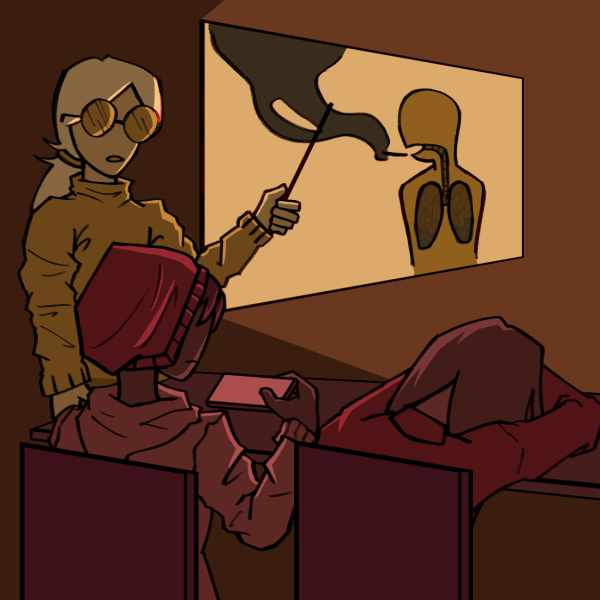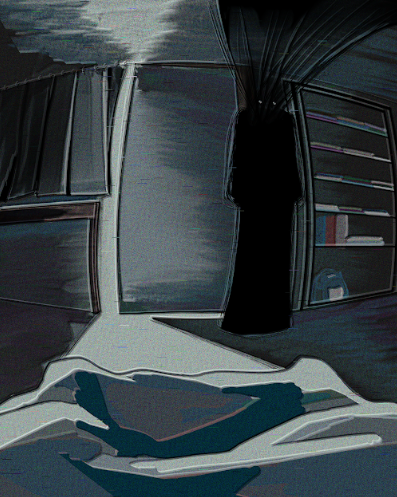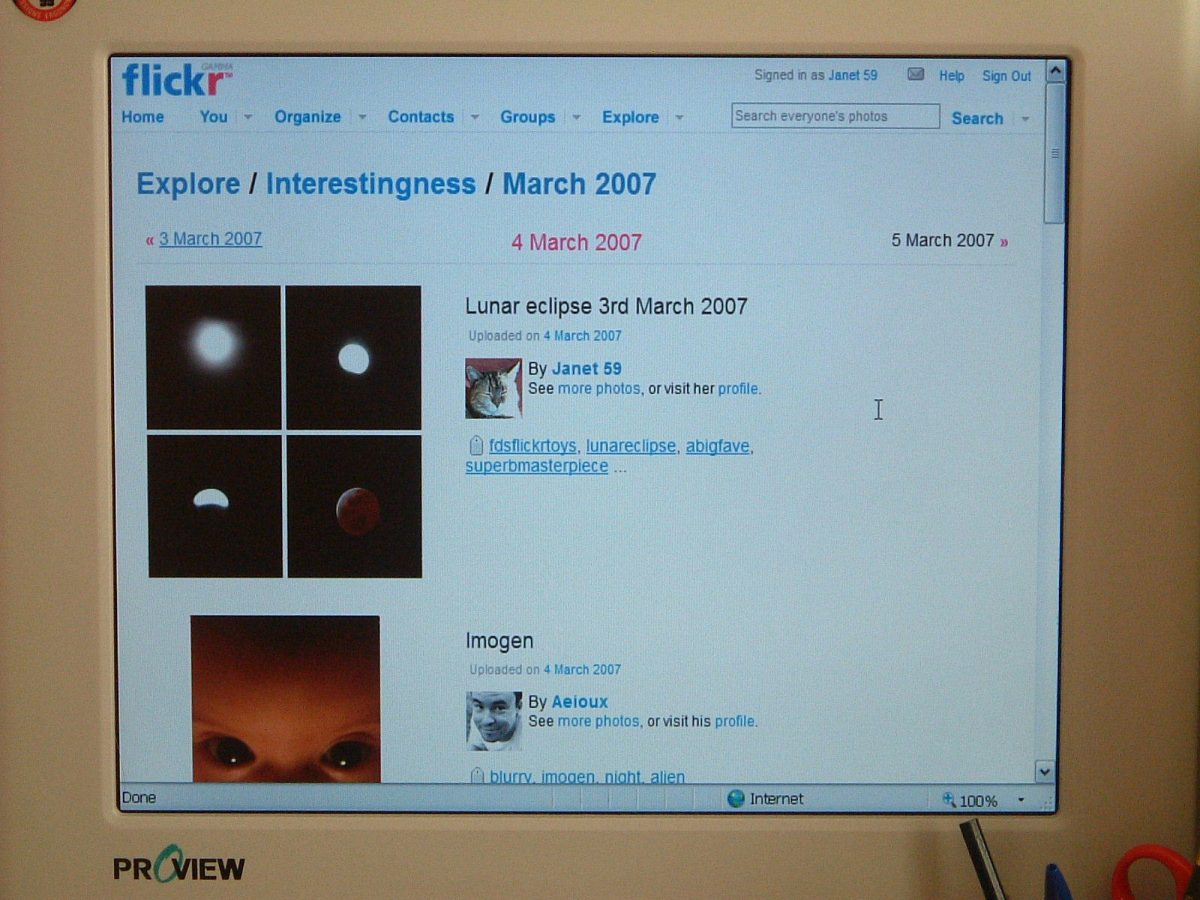
Health classes at Lowell are known to be unserious and unimportant, and to many, they are like a free period. However, it is one of the most important classes Lowell students take at school, as it is one of the most applicable to real life. Health issues such as obesity rates across the nation increase every year, and now more than ever it is becoming more difficult and more important to stay healthy.
Simply, health class should be taken more seriously at Lowell by both students and teachers.
One might say that health class is fine as it is and that it is modern enough to teach students how to effectively care for themselves. However, the California Health Standards haven’t been updated since 2008, and the curriculum taught at SFUSD is outdated and unrealistic; it’s curriculum often isn’t applicable to real life situations and it focuses on outdated principles that don’t help students with nutritional and sexual health principles. According to the Centers for Disease Control and Prevention (CDC), health classes are also proven to be more effective when they are connected with health services and engaged with community partners. The current SFUSD curriculum also doesn’t connect or set up students with health services and partners for the future, nor does it cover modern problems associated with social media and appropriate screen time use. It also requires 6 lessons on tobacco use even though there are bigger, more modern problems to focus on.
Having a good understanding of health has proven to not only help you physically but also mentally and academically. This is known as health literacy. In simple terms, health literacy means the ability to understand your health and to make healthy decisions without help. Having a lack of health literacy leads to a vast set of problems.
One of the most prominent national health problems, obesity rates have been steadily increasing in California, including San Francisco. According to an article by the San Francisco Health Improvement Partnership (SFHIP), over 30% of fifth grade SFUSD students are obese and over 40% of San Francisco adults are obese. In the state of California, obesity rates have increased from 19.3% in 2001 to 28.2% to 2021, according to the California Health Interview Survey (CHIS). This means that in California, over 1 in 4 adults are obese. Among teens, nearly 1 in 5 are obese. In the current SFUSD curriculum requirements, it doesn’t even specifically require a lesson on obesity prevention.
There are important methods to teach health that only certain Lowell teachers use. Studies have found that health classes are significantly more effective when taught by a trained professional who spends many years researching health and developing their ideas and teachings. In real life, most people get their health knowledge and advice from doctors. However, doctors and other professionals are often complicated and difficult to understand for the average person. Health class should be very clear and easy to understand for students at all levels, so advice is not disregarded or forgotten like a doctor’s advice could be. Many people also get health advice from social media that is often incorrect. Health class can teach people to identify and ignore misinformation about health on social media.
Health class at Lowell is treated as a joke among both students and sometimes even teachers, but it has no reason to be one. It is one of the most real-life-applicable classes that affects the future of every student’s life at Lowell. Health teachers across SFUSD need to take the class more seriously and update the curriculum, as it should be more 21st-century centered. There should be more lessons about new, modern, problems that weren’t present in old curriculums. There should also be more lessons about modern solutions to preventing obesity. Students at Lowell also need to realize the importance of health literacy and health education. Across the country, obesity and disease rates increase every year, and the importance of health is higher than ever before.













